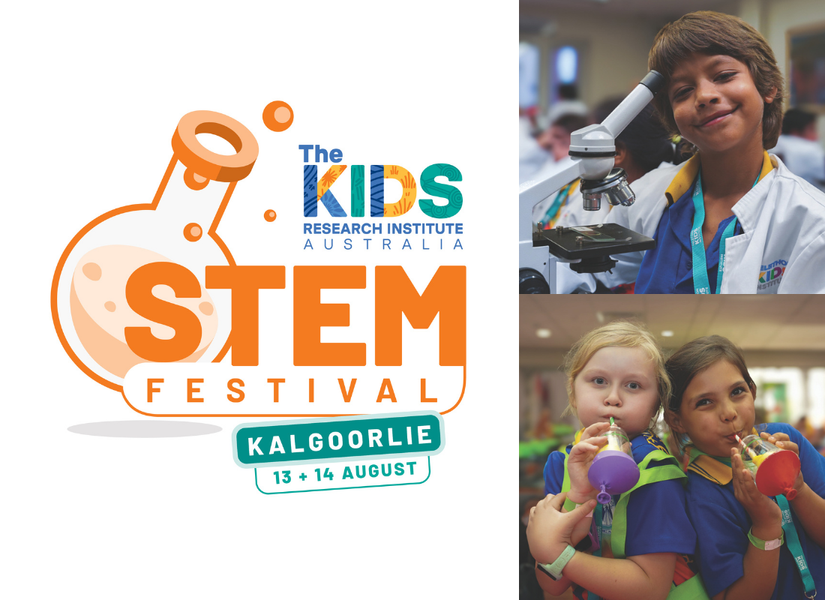Search

Register now and experience an awesome adventure into the world of Science, Technology, Engineering and Mathematics this August!

Embark on a linguistic journey with KalyaKoorl’s tailor-made Noongar Language Programs.
The essential facts that all parents should know

Meningococcal disease is caused by the bacteria Neisseria meningitidis, or 'meningococcus'. It's an uncommon but very serious disease that can result in death.
The Centre is committed to supporting high quality research by providing support for researchers to undertake activities of high priority to the WCVID.
The Wesfarmers Centre is pleased to announce the successful recipients for the 2021 Round 2 Seed Funding Grants. Julie Hibbert | Validating a
The Wesfarmers Centre is pleased to announce the successful applications for the 2017 Round 2 Wesfarmers Centre Seed Funding. The Wesfarmers Centre
Congratulations goes to Dr Asha Bowen and Dr Ruth Thornton for being the successful first round recipients of the WCVID.
The Wesfarmers Centre is pleased to announce the successful applications for the 2016 Round 2 Wesfarmers Centre Seed Funding.
